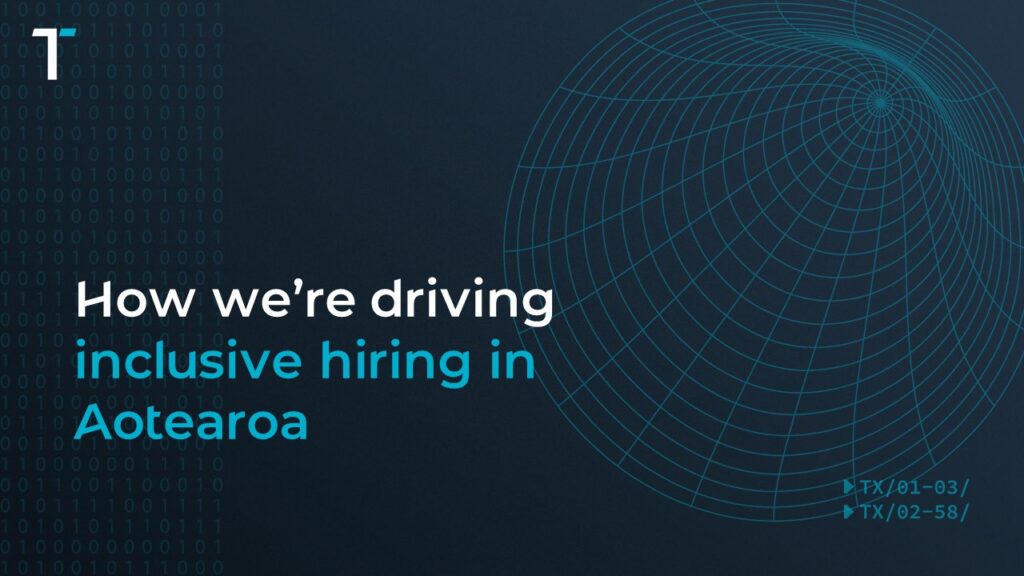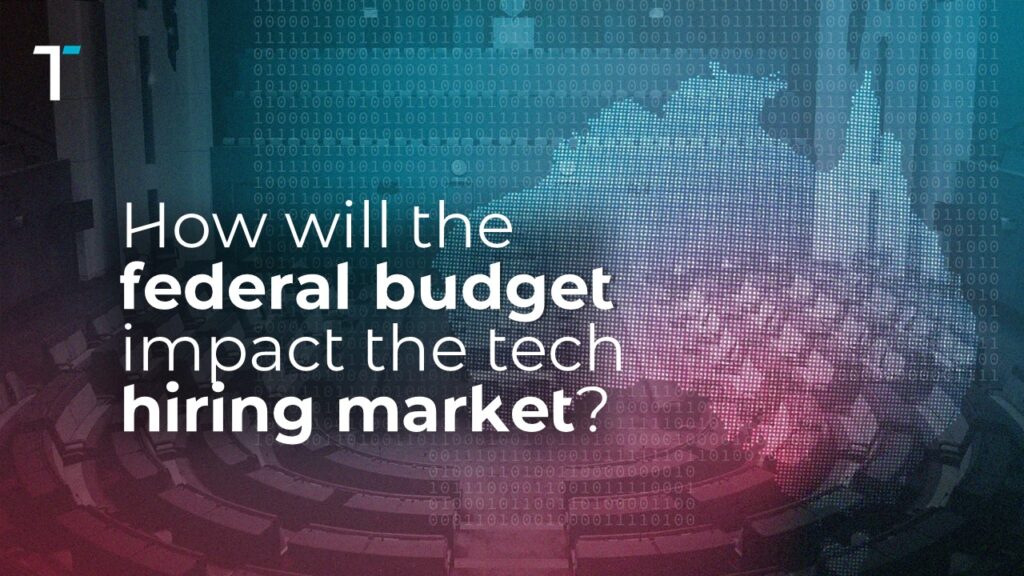
The 6 latest trends in the project management recruitment market in ANZ
The 6 latest trends in the project management recruitment market in ANZ

Ready to build a successful project team? Before embarking on your search for top talent, here’s what you should know about the hiring market. Hint: the project recruitment landscape is complex and constantly shifting. We dive into the latest trends in the project hiring market across Australia and New Zealand, sharing exclusive insights from our recruitment experts.
1. A global shortage of project talent
Research reveals that there will be an anticipated shortage of 25 million project candidates globally by 2030, and the shortfall of skilled project professionals is anticipated to have a significant impact, with the global GDP predicted to take a hit of approximately $345.5bn by the end of this decade. When looking at specific regions, however, the market varies greatly. Some are feeling the effects of this shortage while others are experiencing the opposite.
2. Market conditions vary based on region
In certain markets, particularly across New Zealand and some of Australia’s East Coast, an economic downturn, slowed project investment, and layoffs have seen more talent in the market than previous years. However, in other regions, especially across Australia’s West Coast, project activity remains strong. So, what does this mean for jobseekers and hiring managers trying to navigate this complex market? Companies and professionals need to remain agile and continue to adapt to changing market conditions.
3. A hiring slowdown for some
Several companies across New Zealand and some of Australia’s East Coast are placing projects on pause as confidence in the economy wanes. While this won’t last forever, it is affecting the current hiring landscape. According to Talent Head of Government, Steve Tompkins, “The largest employers of project managers and practitioners are putting projects on hold, cancelling some projects in flight and reconsidering what they are working on. This means a reduction of project practitioners, especially in local Government, as part of an overarching strategy of reducing contract labour spend.”
In New Zealand, Talent Auckland Senior Recruitment Consultant, Adeline Le Bris also notes that, “Most businesses are in a holding pattern, with hiring freezes common. Confidence is down, yet there is still a need and want to hire as there are vacancies in teams. However, approval is only being given to very select positions so there are only a few roles here and there. We see a high volume of candidates looking.”
4. A hiring boom for others
While some markets are seeing a slowdown in projects and hiring demand, others are booming. Talent Brisbane Managing Director, Keith Dixon, notes, “In comparison to other states, the Queensland market has held up well and proven to be quite resilient. Whilst numerous commercial technology projects have come to an end and other commercial employers choose to defer new projects, other companies have kicked off new transformation and technology programs of work, maintaining a strong demand for project management, architecture, business analysis and change management skills.”
Talent Perth Principal Account Manager, Edwin Foo, also observes “For both candidates and companies in Western Australia, the economic outlook remains highly optimistic, fuelled by substantial investments from WA-based organisations. While there might be a slight deceleration in employment growth, Western Australia is expected to outpace national growth. The resources (mining & energy) sector will continue to contribute significantly, thanks to ongoing investments in new projects and expansions. The construction industry also remains robust, with several large-scale projects in progress.”
5. A shifting contract & permanent landscape
Talent Auckland Practice Lead, JP Browne, notes that in the project space in NZ, “Contract business analysts are in most demand, although the levels are lower than normal. There simply isn’t the movement of permanent staff like we had during COVID. People are concerned about stability, so are willing to stick things out until the market picks up. This means there are fewer permanent candidates available, and the only other place to look is the contract sector.”
Demand for permanent professionals, however, is strong in other regions. In ACT’s public sector, for example, Talent Canberra Managing Director, Robert Ning, notes, “There will continue to be a push to increase Australian Public Service capability with permanent employees over contractors or consultants”. Talent Canberra Account Manager, Connie Tong, also comments “Government employers have been focusing on converting labour hire contractors to permanent roles as much as possible. This focus is mainly on supporting core functions such as project support, administration, finance, communications, and marketing. While demand for permanent professionals is strong, where there aren’t enough suitable permanent options and budget is available, employers will consider hiring contractors”.
6. A hiring market on the up
For the regions experiencing a hiring slowdown, it won’t stay that way forever. Projects are an essential component of business growth, and the right people are needed to bring these to life. Matthew Munson, Talent Sydney Managing Director notes, “We anticipate that the market will start to pick up again. The financial services sector, for example, had 12 months of consolidation, cost cutting and projects being put on hold. The initial signs are that hiring growth will return later in 2024 and 2025, with a number of large projects kicking off in Q4 this year.” Talent Adelaide Managing Director, Anthony Whyte, also observes an uplift in South Australia’s market, “While the latter half of 2023 saw the market drop due to increasing inflation, cost of living, rate increases and other world events, in 2024, the tech sector in Adelaide remains steady. We’re also seeing strong demand for Business Analysts, which is a promising sign of new projects on the horizon, plus continued interest and demand for skilled people in cloud technologies, AI and cyber.”
Uncover more insights on the project market in our Project Services Hiring Market Snapshot.
Ready to hire top tier project professionals?
We can help. At Talent, we’re experts in project management recruitment. As a Platinum partner to the Project Management Institute (and the only recruitment partner), we understand what – and who – it takes to successfully deliver a project.
Working with more than 11,000 project professionals around the world, and a global network of clients spanning across all industries, as well as placing over 1,000 PMs in new roles per year, we’re fluent in project management. Let us help you sprint to the finish line when it comes to hiring, by finding and placing top tier talent at speed. Ready to get started? Get in touch.










